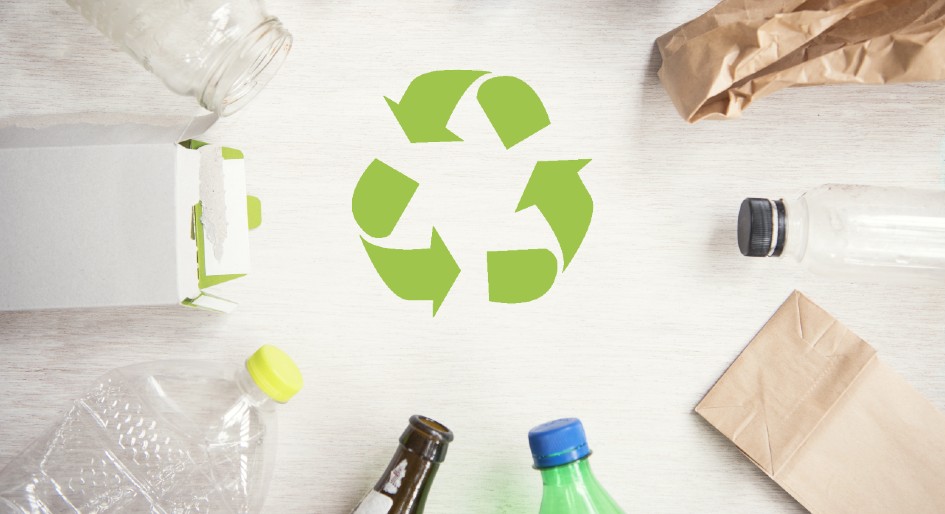The amount and type of household waste in Toronto-based condos has changed dramatically over the last year. Due to COVID-19, more deliveries mean more cardboard, packaging, and meals consumed at home.
While the type of waste has changed, this hasn’t necessarily led to an increase in garbage. In fact, a growing number of multi-res high-rises across Toronto have continued to reduce waste in 2020 by improving waste services.
The Zero Waste High-Rise Project, an initiative of non-profit Toronto Environmental Alliance (TEA), in partnership with University of Toronto researchers, has been working with teams of staff, board members and residents in high-rise buildings to reduce waste, create stronger communities and save money. Here’s a look at three buildings involved in the project and what was accomplished during 2020.
Make recycling easier
Issue
In many buildings, it’s easier to place waste in the garbage than it is to recycle. In the past year, the amount of recyclable cardboard and delivery packaging has multiplied, bringing this problem into the spotlight. For example, at the downtown building 120 Cornwall, garbage is collected in a waste chute while recycling is collected outside in large bins. The outdoor bins are difficult to access, especially in winter, and for residents using mobility devices, such as wheelchairs.
Solution
Building management decided to add accessibility recycling carts in the building’s lobby and laundry rooms so residents could drop off recycling indoors. Staff roll the cart outside when it’s full and transfer it into the blue bin. A real time-saver, staff now spend fewer hours removing contamination from the large outdoor bins and dealing with clogged chutes.
*TEAs Waste Collection Assessment tool will help review how accessible and convenient waste services are in a building.
Keep cooking oil out of drains
Issue
Discarded cooking oil poured down a drain is a major maintenance expense in most buildings. Over time, oil and grease build-up can result in clogged drains and even flooding. As a preventative measure, a growing number of buildings are collecting used cooking oil for recycling into biodiesel or animal feed.
Solution
Staff at 125 Scadding, a building in the Esplanade neighbourhood, noticed that more residents are now cooking at home and decided to start collecting used cooking oil. A board member worked with management to select a service provider that would provide an oil drum for collection and free pick-up. They put this oil drum in their recycling room and added a shelf of mason jars that residents can use to collect and transport used oil from their units.
Management distributed flyers and information posters to explain and promote the new service. The building officially launched the service in July 2020 and it has been popular with residents.
*See TEA’s How-To Guide to set up cooking oil recycling in a building.
Facilitate re-use
Issue
In the past year, residents did some “spring cleaning” throughout the seasons to make space for working and learning from home, causing unwanted household goods to pile up in the garbage. This includes contaminated recycling and goods that are still functioning.
Solution
The green committee at 5 Kenneth, a condo in North York, was inspired by what they saw in another building and created a reuse-it shelf for these items. They worked with their superintendent to ensure it wouldn’t get in the way and outlined a plan for how volunteers would manage the shelf. Residents leave undamaged items—toys, dishes or housewares—for neighbours to take for free. As a precautionary measure, the building paused the shelf in March 2020, but after reviewing public health advice about the safety of reusables, they relaunched it in September with additional safety reminders and guidelines. The shelf has been popular with residents who are thrilled to have the option to reuse.
*See TEA’s Guide on special waste and reusable goods collection for tips. Free resources for reducing waste
These are just a few examples from more than 50 buildings across Toronto where building management and residents have worked together to reduce waste during COVID-19. The Toronto Environmental Alliance’s free online program is open to staff and residents of any multi-unit building, and provides guides, tools and learning events to help condos move towards zero waste.
Sayan Sivanesan is the project coordinator for TEA’s Zero Waste High-Rise Project. He works with multi-residential buildings to develop and implement waste reduction plans. TEA is a non-profit that campaigns locally to find solutions to Toronto’s urban environmental problems.
The Zero Waste High-Rise project is a project of TEA in partnership with U of T researchers, with funding from the Ontario Trillium Foundation and the Social Sciences and Humanities Research Council (SSHRC). Check out the resources and sign up for information at: www.torontoenvironment.org/highrise_join





